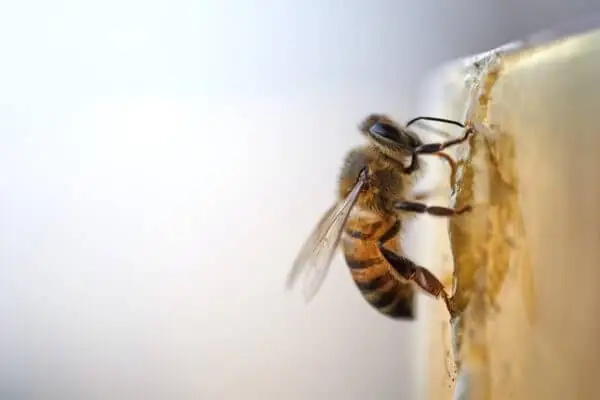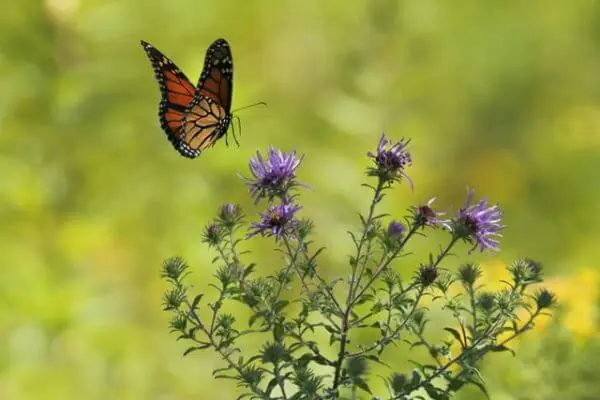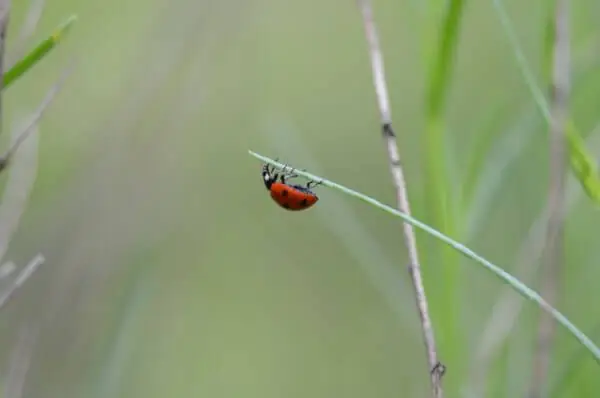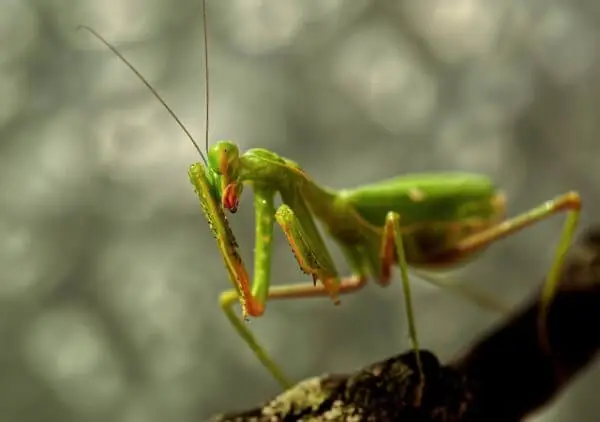As a gardener, what comes to mind when you hear the word “insects”? You’re probably thinking pests?
However, not all insects are pests. Some insects are actually beneficial for your landscaped garden. Some are also harmless and don’t even need to be removed. There are three types of beneficial insects in your garden: pollinators, predators, and parasitizers.
Pollinators are “garden-friends”. These insects are responsible for pollinating our gardens.
Predators are your garden’s guard dogs. These insects are responsible for getting rid of the pests.
Parasitizers are somehow similar to predators but in a different and scarier way. They lay their eggs on or in the bad bugs, and when the eggs hatch, the larvae feed on the host insect.
Here are the commonly known pollinators:
- Bees – There are different types of bees but all of them are good pollinators.
- Butterflies – Butterflies spend most of their life flying from flower to flower. They are great pollinators for pollination.
- Moths – They are the butterflies of the night. They normally pollinate flowers that bloom during night time.
- Flies – We’re not referring to the typical house fly Rather, we are referring to Black Soldier flies, tachinid flies, syrphid flies, and bee flies. In fact, flies are second only to bees for pollinating plants.


Here are some examples of Predators:
- Ladybugs – Ladybugs are one of the best-known garden predators. Adults and larvae feed on soft-bodied pests such as aphids.
- Lacewing – Same with ladybugs, they feed on soft-bodied pests and eggs.
- Praying Mantis – These insects attack other insects without destroying your plants. They will prey on both good and harmful insects though.


For parasitizers, the most common would be the parasitic wasps. These tiny, non-stinging wasps are some of the most beneficial insects in the garden and are known to parasitize over 200 species of pests. Though there are tons of different species of parasitic wasps, they all work by preying on one or more pest insects. They will help you with pest control in your garden.
Do you know of any other helpful insects in the garden? Let us know in the comments.



0 Comments